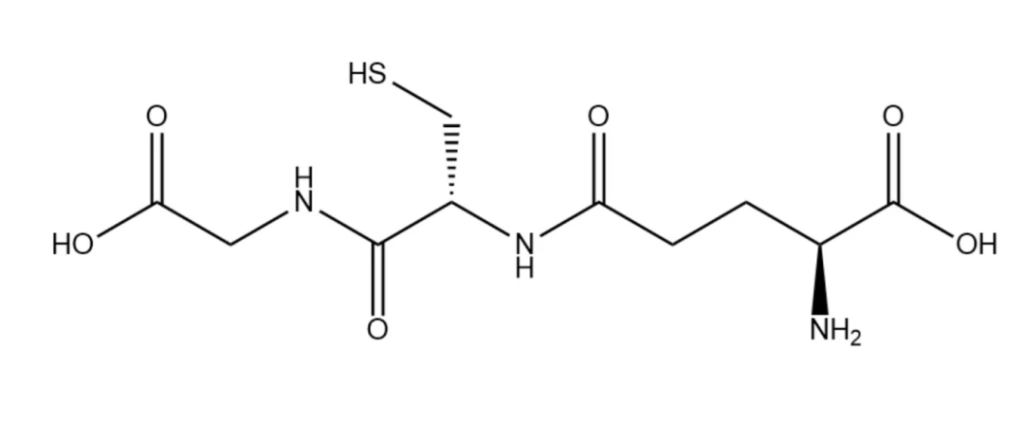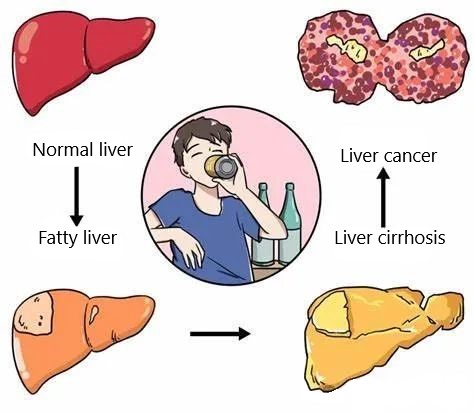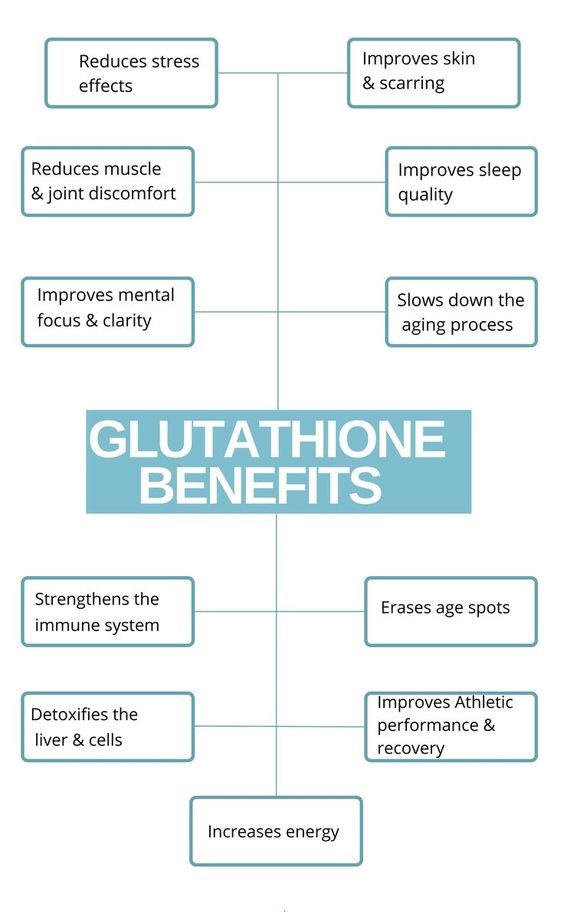Glutathione is a nutrient compound composed of three amino acids, glutamic acid, cysteine and glycine.

There are two forms of GSH: reduced and oxidized, reduced to give electrons, neutralize free radicals after becoming oxidized, and oxidized after obtaining electrons will return to reduced, the true anti-free radical is reduced glutathione.
The important life function of reduced glutathione
Liver detoxification
Liver detoxification needs to go through two periods to complete, namely detoxification phase 1 and detoxification phase 2.
Detoxification phase 1 is the release of toxins in the liver, in the process will release a large number of free radicals, if there is not enough antioxidants, these free radicals will directly damage cells and tissues.
Reduced glutathione is very important in this period, it can timely and effectively neutralize the release of many types of free radicals, the fastest neutralization, thus avoiding damage to the body.
The second phase of detoxification is the rapid cross-linking of the toxins released in the first phase with amino acids, coenzyme A, etc., so that they lose their toxicity, and the toxins transformed from insoluble to water-soluble at the same time, and then excreted through the digestive system and urinary system.
Intermediate multiple reactions required for the final cross-linking of toxins and amino acids, and reduced glutathione is an essential participant in this intermediate reaction.

In addition, GSH has the following effects:
- Directly neutralize many types of free radicals, including singlet oxygen, hydroxy-oxygen radicals, superoxide radicals, nitrogen radicals, and carbon radicals
- Remove mercury from your cells and brain
- Support your immune system
- Regulate the balance between cell proliferation and self-apoptosis
- The health of mitochondria depends on GSH
Which conditions cause the body to lack reduced glutathione
1. Getting older
Levels of reduced glutathione begin to decline around the age of 45 and plumb after age 60, and the aging body is unable to synthesize enough reduced glutathione to replace the lost parts.
2. Eating habits
Fresh vegetables, fruits and freshly cooked meat in the diet are the best sources of reduced glutathione for the body,
but today’s processed foods destroy reduced GSH,
so people who regularly eat processed foods are deficient in reduced glutathione.
3. Lifestyle
Smoking and excessive alcohol consumption consume a lot of reduced glutathione,
so for body protection, the body needs more reduced GSH to cope with its loss.
Does glutathione help?
A clinical trial study that took 250 mg of reduced glutathione orally every day for 6 months showed that the level of GSH in the body significantly increased,
and the degree of increase proportional to the time and amount of supplementation.
At 6 months, the high-dose group had an average 30-35% increase in red blood cells and 260% increase in blood and lymphocytes.
The body cannot store GSH in large quantities, so take a new supplement every day.




